
By Joshua Worlasi AMLANU
The Bank of Ghana is reinforcing its economic defences as geopolitical tensions in the Middle East threaten to destabilise global energy markets and investor sentiment.
The Governor, Dr. Johnson P. Asiama said the country is better positioned today to withstand external shocks, citing an improved reserve position, a disinflationary trend, and sustained fiscal reforms under the IMF-supported program.
He offered the reassurance at a banking industry forum in Accra on Tuesday, amid growing concerns about the economic ripple effects of the Iran–Israel conflict.
“The Bank of Ghana is closely monitoring the situation and its potential impact on global energy prices, supply chains, and capital flows,” Dr. Asiama told bankers of the Ghana Association of Banks’ thought leadership event. “But I want to assure the public that Ghana’s macroeconomic buffers are stronger today than they have been in recent years.”
The central bank’s strategy to shield the economy includes prudent foreign exchange management, a more disciplined fiscal path, and robust monetary policy aimed at stabilizing inflation and anchoring expectations. Ghana’s foreign reserves have improved following tighter currency management and better alignment between FX demand and real sector transactions.
The Gross International Reserves (GIR) amounted to US$10.7 billion in April 2025, equivalent to 4.7 months of import of goods and services. The Banks outlook on the external sector remains favourable, largely anchored on expectations of increased gold and cocoa export receipts, as well as inflows from remittances.
Nonetheless, rather than resorting to large-scale interventions, the Bank of Ghana has adopted a market-oriented exchange rate framework that relies on improved auction mechanisms and closer surveillance of forex activity. These measures have helped reduce speculative pressures and allowed the cedi to respond more organically to economic fundamentals.
Dr. Asiama emphasised that the central bank isn’t targeting a fixed exchange rate but remains committed to preserving market order.
“We are not pursuing a rigid exchange rate target or a predetermined band,” he said. “But we are fully prepared to act in a timely and measured manner to preserve macro stability.”
In recent months, the economy has seen a steady deceleration in inflation, with headline inflation falling from over 50 percent at its peak in 2022 to low double digits in early 2025. Currently, consumer inflation sits at 18.4 percent as of May 2025. This, combined with positive real interest rates and stronger remittance and export inflows, has created what the central bank describes as a more resilient economic base.
The ongoing fiscal consolidation, a key pillar of the IMF programme signed in 2023, is also contributing to Ghana’s shock-absorption capacity. Budgetary controls and improved revenue mobilisation are helping to restore credibility in fiscal governance and reduce pressure on the central bank to monetise deficits.
Global markets have been jittery over fears that the Iran–Israel conflict could disrupt oil flows, raise transport costs, and trigger capital flight from emerging markets. Ghana, as a net oil exporter and fuel importer, remains exposed to such risks. But policymakers are betting that macro-prudential discipline and enhanced coordination with international partners will help soften the blow.
The governor’s comments come at a time when confidence in Ghana’s macro framework is slowly recovering following a turbulent period marked by debt restructuring, currency depreciation, and high inflation.
“While we cannot predict the full extent of external developments, our policy tools and institutional preparedness give us room to respond,” Dr. Asiama said.
Beyond market stabilisation, the central bank is also using this moment to emphasise the need for deeper structural reforms, including enhanced digital finance infrastructure, greater financial inclusion, and policy innovation.
The governor argued that resilience to geopolitical shocks must be built not only through fiscal and monetary buffers, but through a more diversified and digitised economy.
The post BoG cites reserves, disinflation as buffers amid mideast tensions appeared first on The Business & Financial Times.
Read Full Story
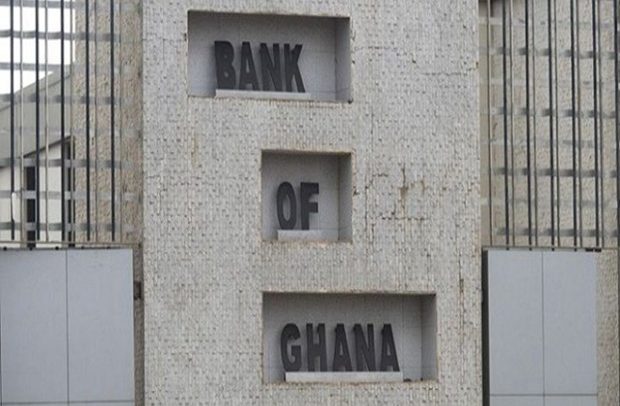
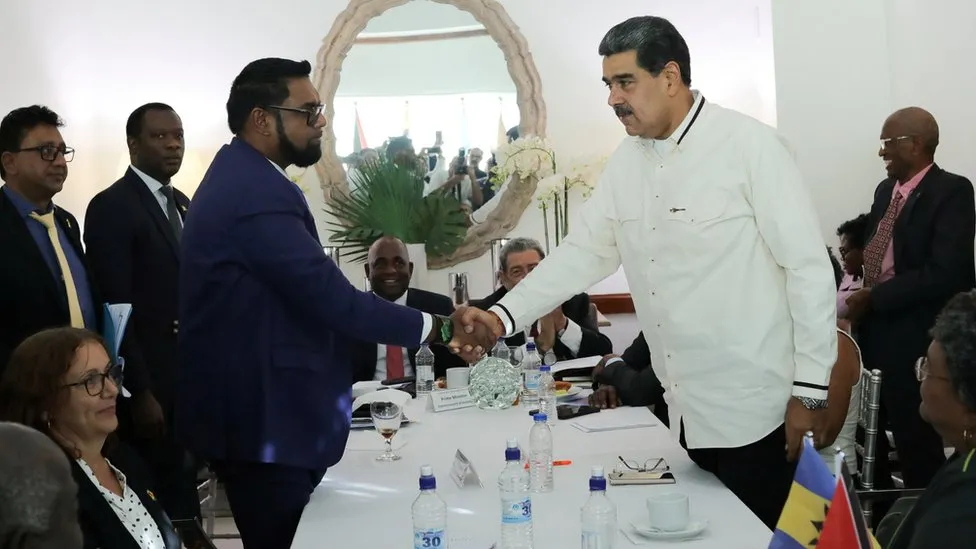





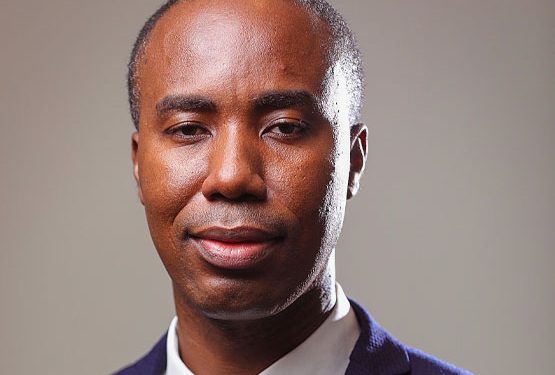




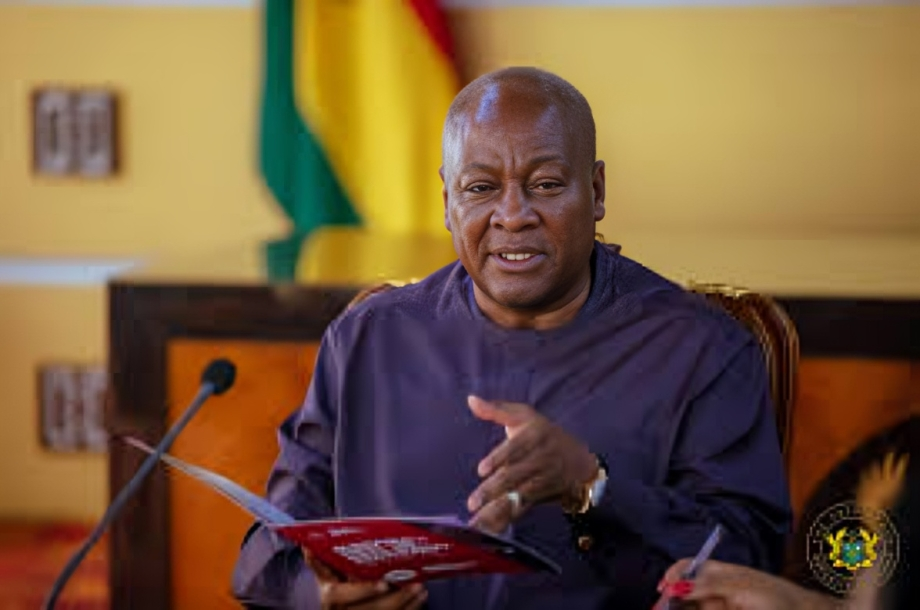


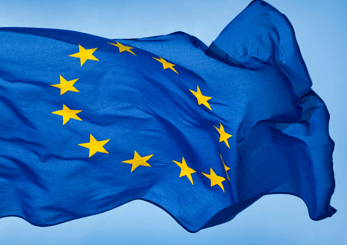

Facebook
Twitter
Pinterest
Instagram
Google+
YouTube
LinkedIn
RSS